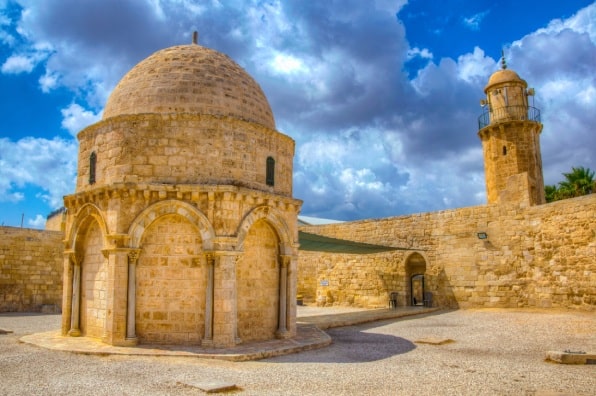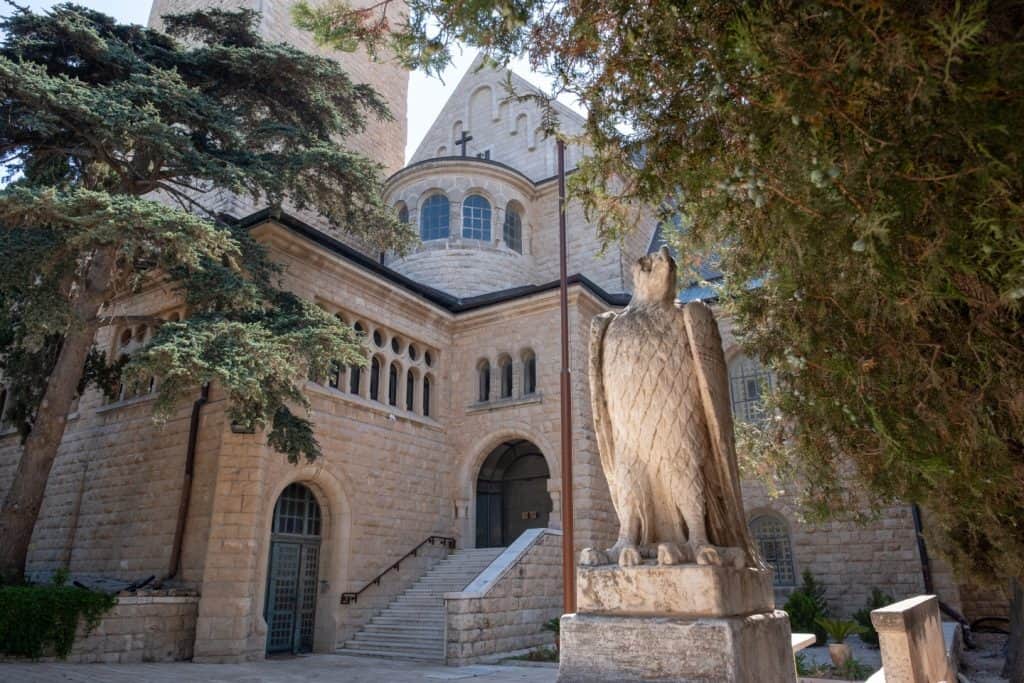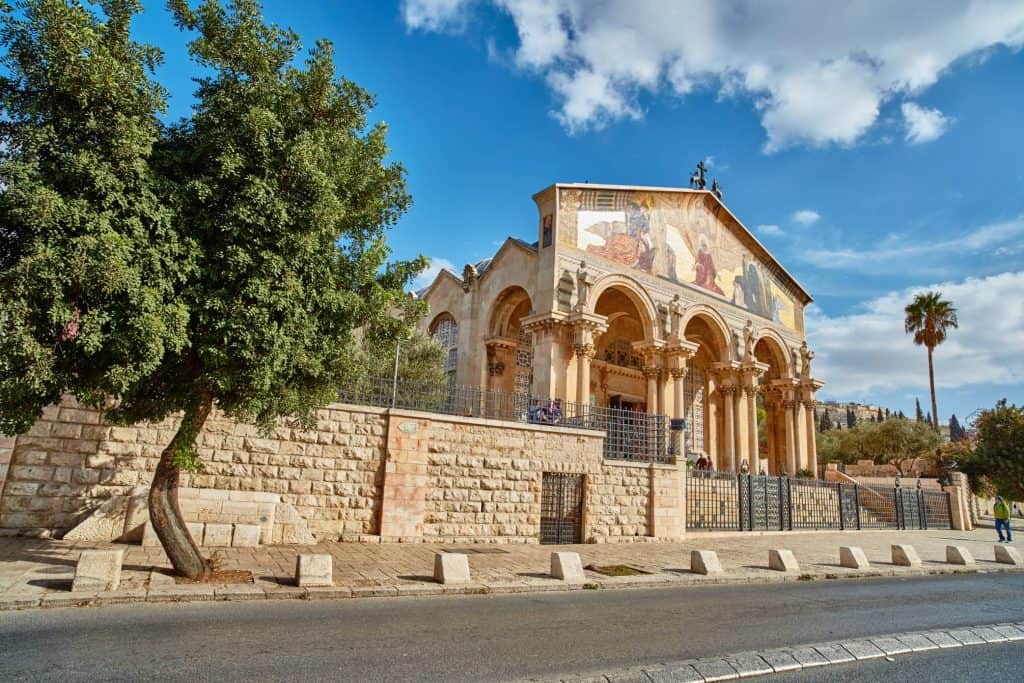The ascension of Jesus is an event that holds great significance in Christian theology. According to the New Testament, the ascension occurred 40 days after Jesus’ resurrection, when he was taken up into heaven in the presence of his disciples.

The ascension of Jesus is recorded in several passages in the Bible, including Mark 16:19, Luke 24:51, and Acts 1:9-11. According to these accounts, Jesus led his disciples to the Mount of Olives, where he blessed them and was taken up into heaven. As he ascended, two angels appeared and told the disciples that Jesus would return as he had left.
The German Church of the Ascension

The ascension is significant for several reasons. First, it marks the end of Jesus’ physical presence on earth. While he had appeared to his disciples after his resurrection, he now left them to continue his mission on their own. Second, the ascension affirmed Jesus’ divine nature and his authority over heaven and earth. By ascending into heaven, Jesus demonstrated that he was not merely a human prophet or teacher, but the Son of God. The ascension also served as a source of comfort and hope for early Christians. In the Book of Hebrews, it is written that Jesus:
“has entered into heaven itself, now to appear in the presence of God on our behalf”
(Hebrews 9:24)
This passage suggests that Jesus’ ascension paved the way for him to intercede on behalf of believers before God. The ascension also has implications for the future. As the angels told the disciples, Jesus would return as he had left. Christians believe this return, known as the Second Coming, will herald the world’s end and establish God’s kingdom on earth. In conclusion, the ascension of Jesus is a key event in Christian theology.
Mount of Olives Tour

It marked the end of Jesus’ physical presence on earth and affirmed his divine nature and authority. It also serves as a source of comfort and hope for believers who look forward to Jesus’ return and the establishment of God’s kingdom.

